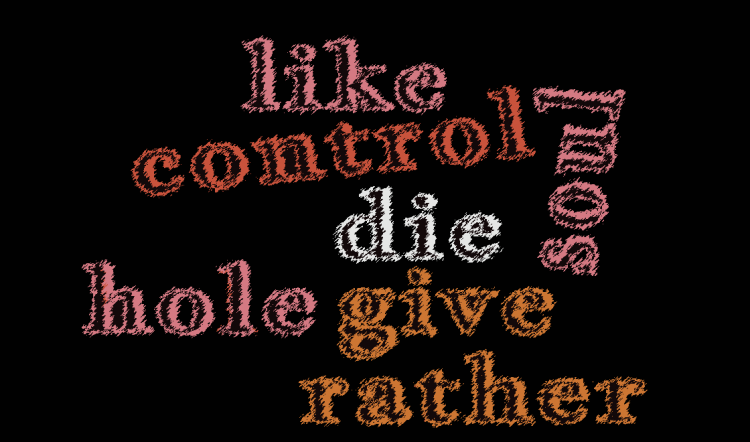Words for a Wednesday
They say everyone dreams. The they in this equation are neuroscientists, explorers of the mind as machine, yet we know so little about how it functions, how we function. Sure, we can track down parts of the brain that control certain functions, but parts of us are as elusive as the dark side of the moon or the depths of the sea.
Returning to dreams, it is said many of us don’t remember our dreams. Various reasons are given: contentment, substance abuse, poor sleep, stress, and so on. Some say you can teach yourself to control your dreams. Others say that is mere fantasy. Experts can seem not so expert upon closer scrutiny. Cracks can be found in sidewalks and seams and vases and schemes.
Writing requires a bit of a dream state. A lowering of one’s critical thinking allows ideas to flow through you, rather than being scrutinized to the nth degree at first passing. There are two states. The creative and the critical. Think of this like the ocean. When the tide is out is when our critical thinking is down, our guard is down, and we wonder at the foam upon the waves and wonder what lies beneath the waves, be it an explorer or a hungry shark or a ship lost to the ravages of a forgotten storm? When the tide is in, we see the foam for what it is, we see the tangles of jagged rock and seaweed twisted around broken branches and flotsam and jetsam. We examine it far more critically. We work in cycles. Some write it all out and then come back to tear it apart. Some work with the tide in first, carefully mapping all the beats out, so they can let their minds roam free in the spaces in between. My patterns vary though the general cycle remains the same where I have an idea or a concept and write out bits and snippets, though sometimes I sit and polish a phrase or a passage in my mind before I ever set pen to paper or press a key upon a keyboard. Truth be told, this was hard won. It sounds easy enough, but it took me years to shift slightly from the analytical as I can see the words in my mind’s eye and I’m constantly scanning for meter and rhythm and grammatical fidelity in everything around me as easily as you might breathe. It’s second nature for me. Always has been.
The dropping of the guard, on the other hand, takes time and patience and comes with practice. Some have ideas as easily as breathing but cannot find the words and clumsily express them without regards to shape or sound or feel. This is no better. Training and practice and patience are required. When one is near a dream state, one’s defenses are at the lowest, which is why, consciously or otherwise, some writers work best when they are tired, in the broken bits of the night or the quiet bits of the morning. They are less critical. This is why some turn to substances like alcohol or other drugs to give them a nudge in the right direction. I shan’t advocate the use of any such thing, nor condemn it. I, for one, need a clear head to write my words. Everyone is different. You cannot find talent in the bottom of a bottle anymore than an athlete can find excellence in an anabolic steroid.
When you first awaken, write your words. Before you go to sleep, write more words. Review them in the spaces in between. Let a few days pass before you do. Examine when your writing is stiffest and when your imagination is loosest. Both states are necessary. Ebb and flow.
Until next time, I bid you, dear reader, adieu.
